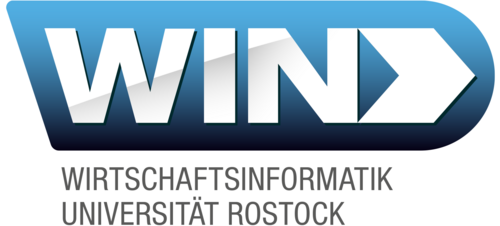Achim Reiz will defend his PhD thesis on April, 15 at 14:00 in romm 001, Konrad-Zuse-Building. Achim’s PhD topic is „Ontology Evaluation Using Metrics: Bringing Metrics Into Practice“.
Abstract
Ontologies are the building blocks of rule-based artificial intelligence. They allow the connection and usage of otherwise heterogeneous data and enable the computer to infer tacit knowledge. Ontology development and selection are not trivial, and often, these tasks are performed by personnel without a knowledge engineering background. This discrepancy puts quality control activities at the forefront: To aid the developer in making the right changes and help the ontology managers verify that the developments align with the ontology's strategic goals.
Metrics are an automatically calculatable, objective approach to assess ontologies. During the past few years, the research community has proposed a variety of metric frameworks, along with some calculation software. However, none of the results were made open source, and most are not available anymore. This lack hinders building on existing research and led to isolated and little research efforts and mini-mal practical applications. While there is a consensus that measuring ontologies is helpful, there are neither the necessary tools available to calculate them nor any use-ful guidance on interpretation.
This thesis aims to bridge the implementation gap and bring ontology metrics into practice. It shows the potential of an evolutional view on ontologies and, with NE-Ontometrics, introduces the necessary tool support for calculating metrics on a large scale. A metric ontology for ontology metrics aligns the often isolated and heteroge-neous metric proposals to a formalized, shared notation. It makes the NEOntomet-rics application highly flexible: New measures can be introduced by simply altering the ontology.
The novel application enabled progress on pressing research questions for bringing ontology metrics into practice. At first, it disenchanted the OQuaRE framework, which proposes several ontology metrics and links them to a quality score based on metric ranges. This research showed that the proposed metrics are inconsistent, and the scores do not reflect the modeled reality. Second, it showed that ontologies de-velop highly heterogeneous, and common assumptions on stereotypical develop-ment processes do not apply. At last, based on these findings, the thesis proposes a selection process for ontology metrics grounded in the individual requirements of the metric consumer. This work can potentially bring ontology metrics to a broader audience. The software enables researchers to study the evolutional processes of on-tologies and practitioners to use metrics for quality control.

